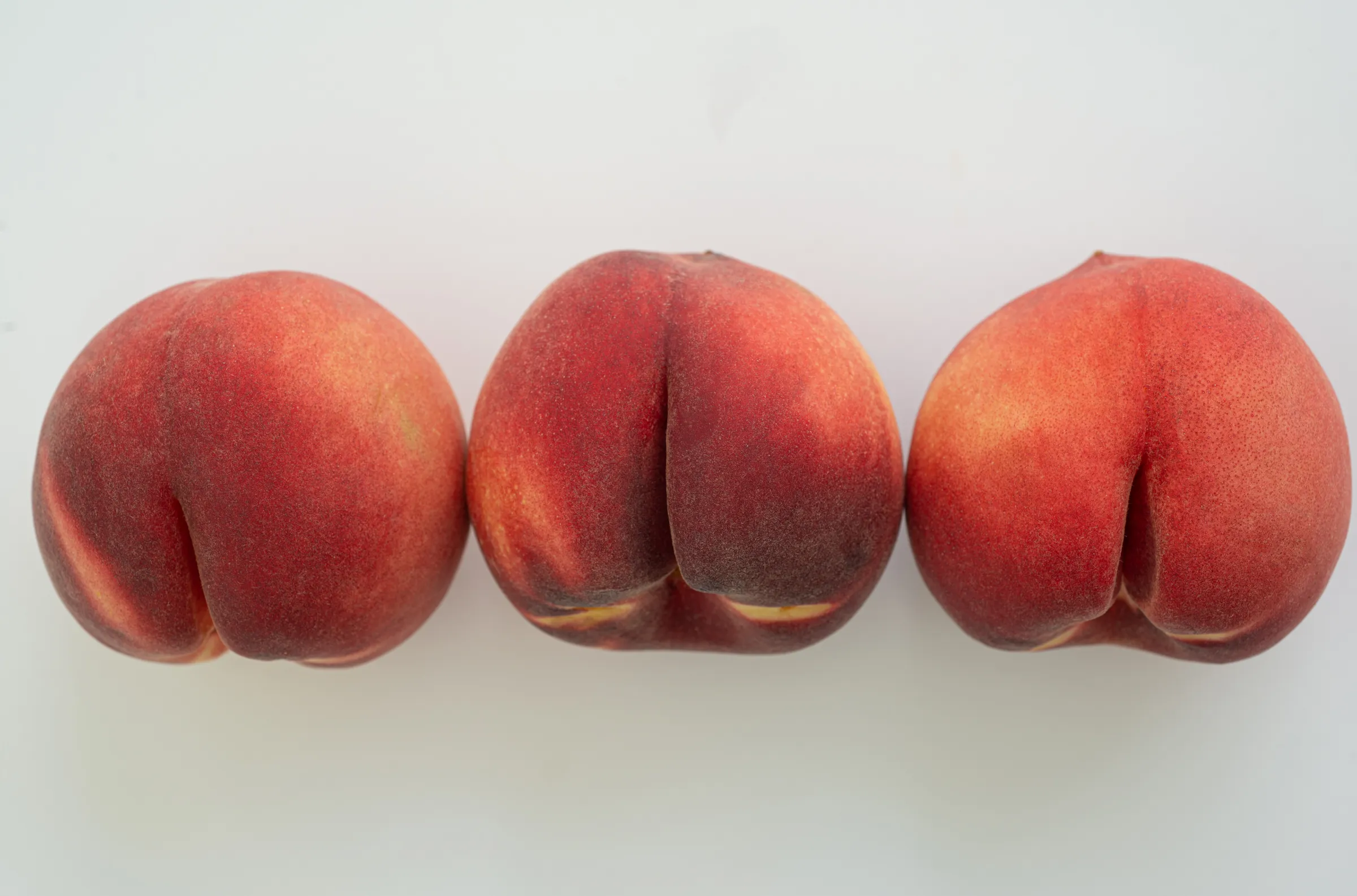In the quest for an ideal physique, many people turn to specific diets and foods that they believe will help them achieve their body goals. One such belief is that eating salmon can make your butt bigger. This idea has gained traction on social media and in fitness circles, often touted alongside other diet and exercise tips aimed at enhancing gluteal muscles. But does eating salmon really contribute to a bigger butt? Let’s dive into the myths and facts surrounding this claim.
The Nutritional Profile of Salmon
Salmon is widely celebrated for its nutritional benefits. It is a rich source of high-quality protein, omega-3 fatty acids, vitamins (such as B12 and D), and minerals (including selenium and potassium). Here’s a breakdown of why these components are important:
- Protein: Essential for muscle growth and repair, protein provides the building blocks (amino acids) necessary for developing muscle tissue.
- Omega-3 Fatty Acids: Known for their anti-inflammatory properties, omega-3s support overall health, including cardiovascular and cognitive function.
- Vitamins and Minerals: Vital for maintaining various bodily functions, these nutrients contribute to overall well-being and can support an active lifestyle.
Building Muscle: The Key to a Bigger Butt
The idea that eating salmon can make your butt bigger is rooted in the concept of muscle growth. To increase the size of any muscle, including the glutes, you need to engage in resistance training and consume adequate protein. Here’s how these elements work together:
- Resistance Training: Exercises such as squats, lunges, and deadlifts specifically target the gluteal muscles. By repeatedly working these muscles to the point of fatigue, you stimulate muscle fibers to repair and grow stronger and larger.
- Protein Intake: Protein is crucial for muscle repair and growth. After a workout, the body uses protein to rebuild muscle fibers that were broken down during exercise, leading to increased muscle mass over time.
Can Salmon Specifically Enhance Your Glutes?
While salmon is an excellent source of protein, which is necessary for muscle growth, it does not have unique properties that specifically target the gluteal muscles over others. In other words, eating salmon can contribute to muscle growth when combined with a proper strength training routine, but it won’t selectively increase the size of your butt.
The Role of Diet in Muscle Growth
A well-balanced diet is essential for overall health and muscle development. Here’s how to optimize your diet for glute growth:
- Adequate Protein: Aim to consume enough protein to support muscle repair and growth. This can come from various sources, including salmon, chicken, lean beef, beans, and legumes.
- Healthy Fats: Incorporate sources of healthy fats, such as avocados, nuts, seeds, and fatty fish like salmon. These fats support overall health and hormone production, which can influence muscle growth.
- Complex Carbohydrates: Carbs provide the energy needed for intense workouts. Whole grains, fruits, and vegetables should be staples in your diet.
- Hydration: Staying hydrated is crucial for optimal performance and recovery.
Busting the Myth
The idea that eating salmon alone will make your butt bigger is a misconception. Here’s why:
- Spot Reduction Myth: You cannot target fat loss or muscle gain in one specific area of the body through diet alone. Overall body composition changes with a combination of diet and exercise.
- Muscle-Specific Growth: While diet supports muscle growth, the specific muscles that grow are determined by the types of exercises you perform. To enhance your glutes, focus on lower body exercises that target these muscles.
Conclusion
Eating salmon can be a valuable part of a diet aimed at building muscle, including the glutes. Its high protein content, healthy fats, and essential nutrients make it an excellent choice for those looking to enhance their physique. However, no single food can specifically target muscle growth in one area. For a bigger butt, a comprehensive approach that includes targeted resistance training, adequate protein intake, and overall balanced nutrition is essential.
In summary, while salmon contributes to muscle growth as part of a healthy diet, it won’t alone make your butt bigger. Consistent strength training, particularly exercises targeting the gluteal muscles, combined with a balanced diet rich in protein and nutrients, is the effective strategy for achieving your desired results.
